Activities
Water, Sanitation and Hygiene
In Laos, more than a quarter of the villages in rural areas have no water supply or access to drinking water, which has a significant impact on the health of villagers, particularly that of more fragile children.
Through SFE’s training programs and technical assistance, villagers learn how to improve hygiene conditions in their families and in the village.
Every year, hundreds of families build latrines, invest in a ceramic water filter, and some villages even take the initiative to create a committee to coordinate the construction and maintenance of water supply system networks. The emphasis on community participation and long-term monitoring promotes sustainable behavioral changes and improved hygiene in communities.
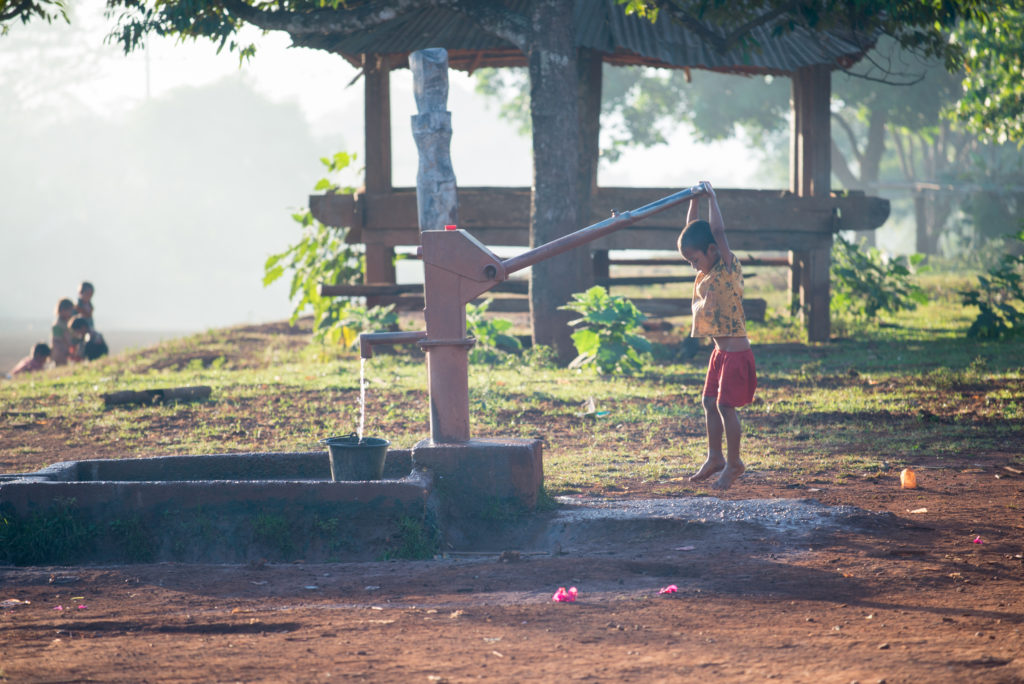
Story : « Since we have been using the latrines, we notice that we are less sick.”
Current Projects
- Hospital project, Sekong
- TerraCare, Water Filter Distribution and Monitoring Project in the 4 Southern Provinces
Completed Projects
- Community Development Project, Attapeu
- Similar projects in Thateng (Sekong province)
Sustainable Agriculture
Chronic malnutrition remains a major health problem affecting nearly 33% of the population, despite a 10% decrease in the last 5 years. The fight against food insecurity is therefore a key component of our community development activities.
A number of activities are developed with the villagers such as:
- The implementation of cultivation techniques that increase rice yield
- The creation of allotment gardens allowing an annual production of vegetables.
- The plantation of fruit trees
- The breeding of small animals (fish, crickets, frogs)
- Creative cooking workshops integrate new foods produced by the villagers. They enable families to benefit from a more nutritious and varied diet and cover their food needs for the whole year.
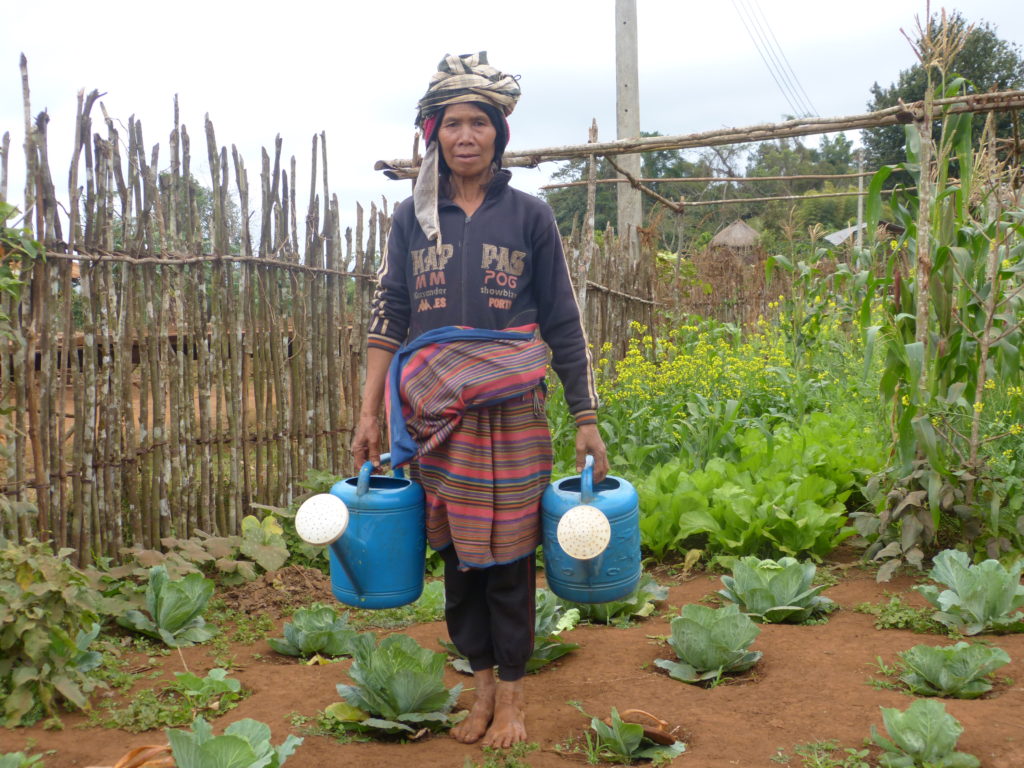
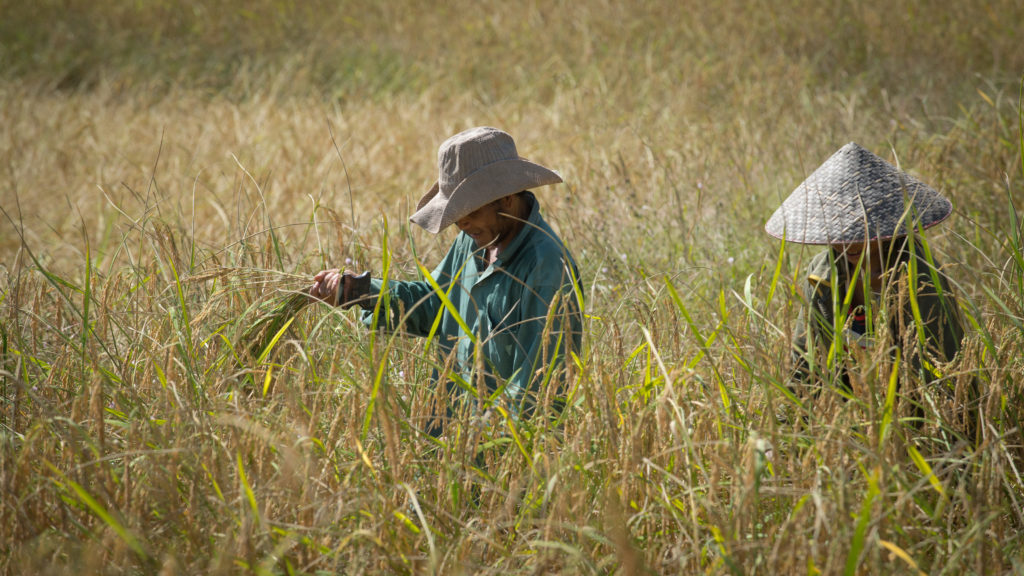
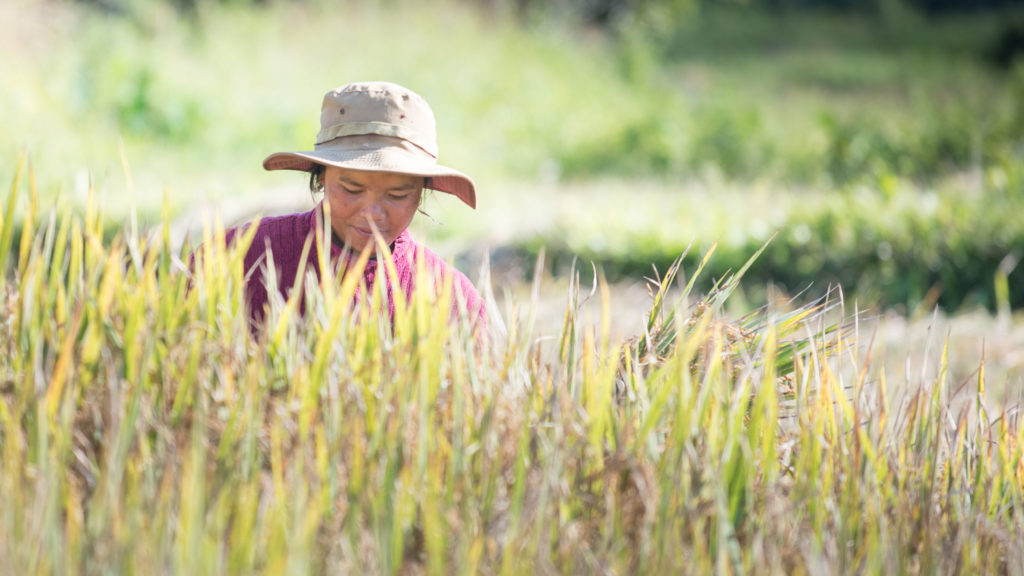
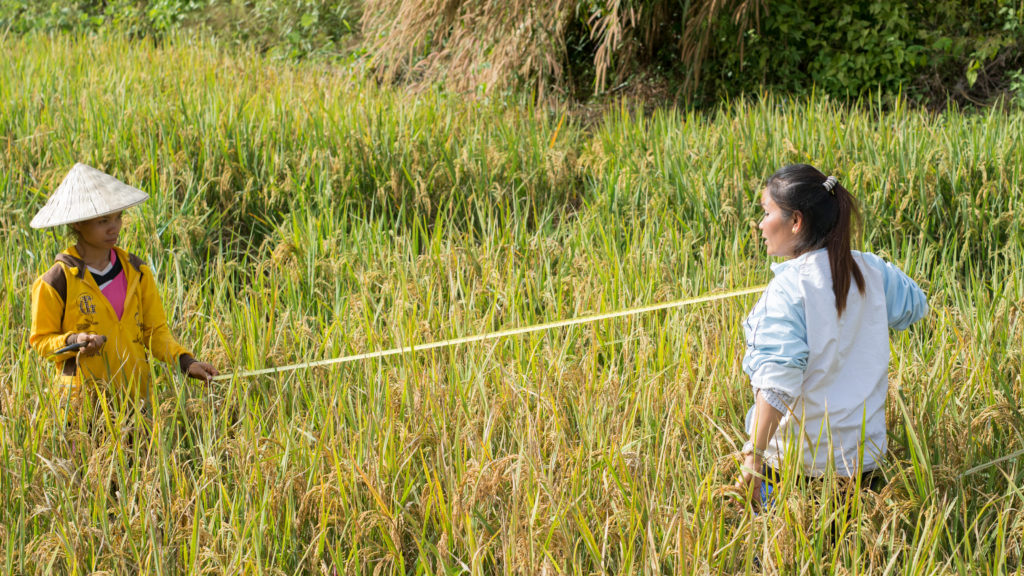
In addition, learning of new crops such as cassava, maize or coffee is offered to the villagers because the sale of these products in local markets can provide additional income.
All these income-generating activities are carried out in a participatory manner that respects the environment by promoting locally adapted techniques and varieties and with a view to improving the communities’ resilience in the face of climate change.
Story: “Throughout the year, my family has not been hungry.”
Current Projects
Completed Projects
- Community Development Project, Attapeu
Community Health
Laos has an under-five mortality rate of 4.6%, largely due to the low rate of deliveries in medical facilities, infectious diseases resulting from poor hygiene and late recourse to medical assistance.
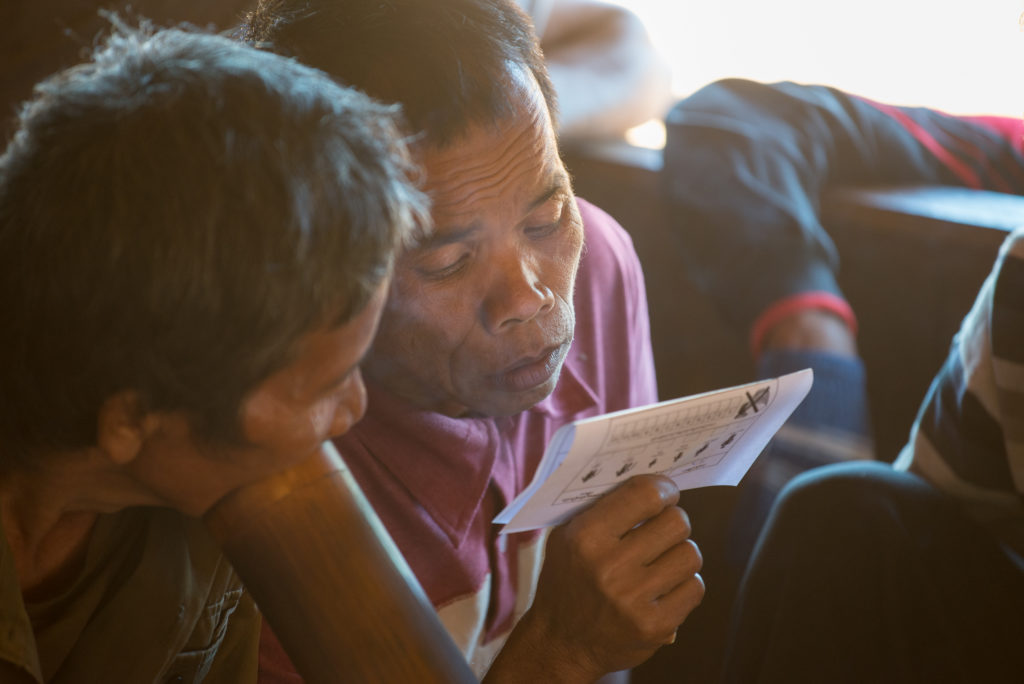
The SFE is committed to working with partner communities to improve hygiene conditions, improve knowledge of the most common diseases, and supports them in the adoption of better health practices.
Practically, SFE organizes village awareness sessions, training in small target groups such as women’s groups, and trains health volunteers in primary health care so that they can advise their community. Some remote villages are equipped with cooperative pharmacy. The SFE supports its partner communities in adapting to the COVID-19 pandemic. All these activities are carried out in cooperation with the district health authorities and health center staff. In this way, the link between the villagers and the health centers is strengthened.
Story: “I am the first woman in my village to have given birth in a health center.”
Current Projects
- Health Education Project, Saravane
- Hospital project, Sekong
- Mental Health Project, Vientiane
Completed Projects
- Community Development Project, Attapeu
- Tuberculosis control in the province of Sekong
.
Hospital Cooperation
Since its creation, SFE has been engaged in the training of medical personnel in order to enable the entire local population to have access to a quality health service.
We work at all levels of the health care chain, from the provincial hospital to the health centers with the following objectives to:
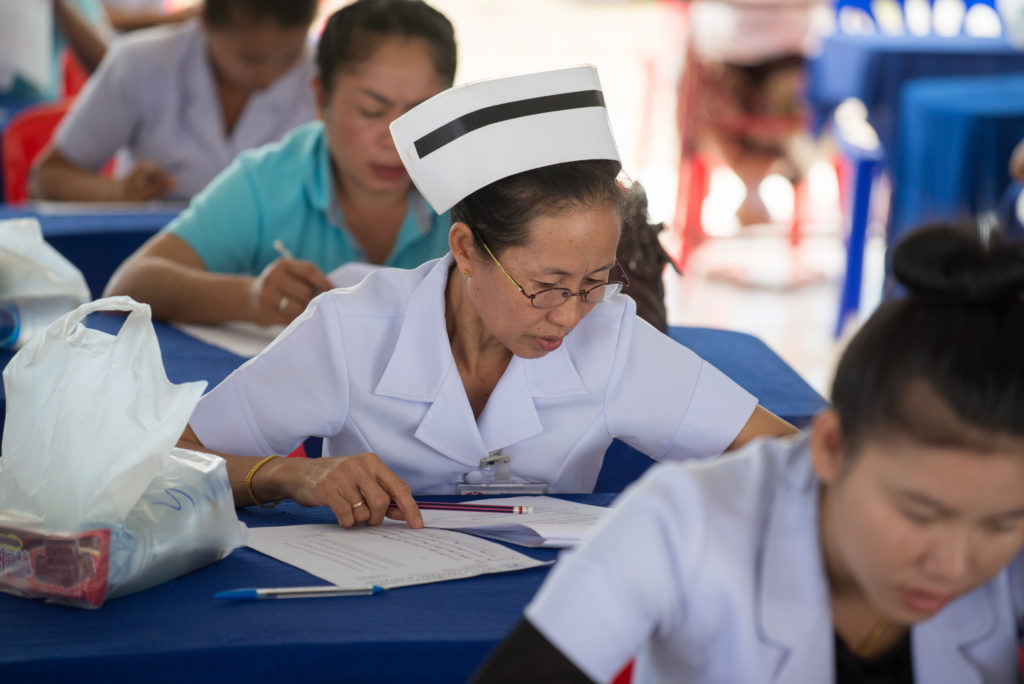
- Improve the knowledge and practices of medical staff for accurate diagnosis and treatment.
We set up on the job training programs, including theoretical and practical modules, for doctors, nurses and midwives. These trainings are conducted by medical trainers from local hospitals who have followed our trainers of trainers program. We support medical specialization studies and help hospitals and health centers to acquire essential equipment to help with diagnosis. - Improve the governance of services
We assist in the administration and management of services for more efficient and equitable patient care. - Improve mother and child health
We have established a training program in health and prenatal and postnatal care specifically oriented to the staff of hospitals and health centers so they can better take care of mothers and children in villages. Educational sessions are organized in the villages to encourage women to be followed and to give birth in medical facilities.
Current Projects
- Health Education Project, Saravane
- Hospital Project, Sekong
- Support to the Attapeu Nursing Training Institute
- Mental Health, Vientiane
Completed Projects
- Tuberculosis control in the province of Sekong
Disability and Inclusion
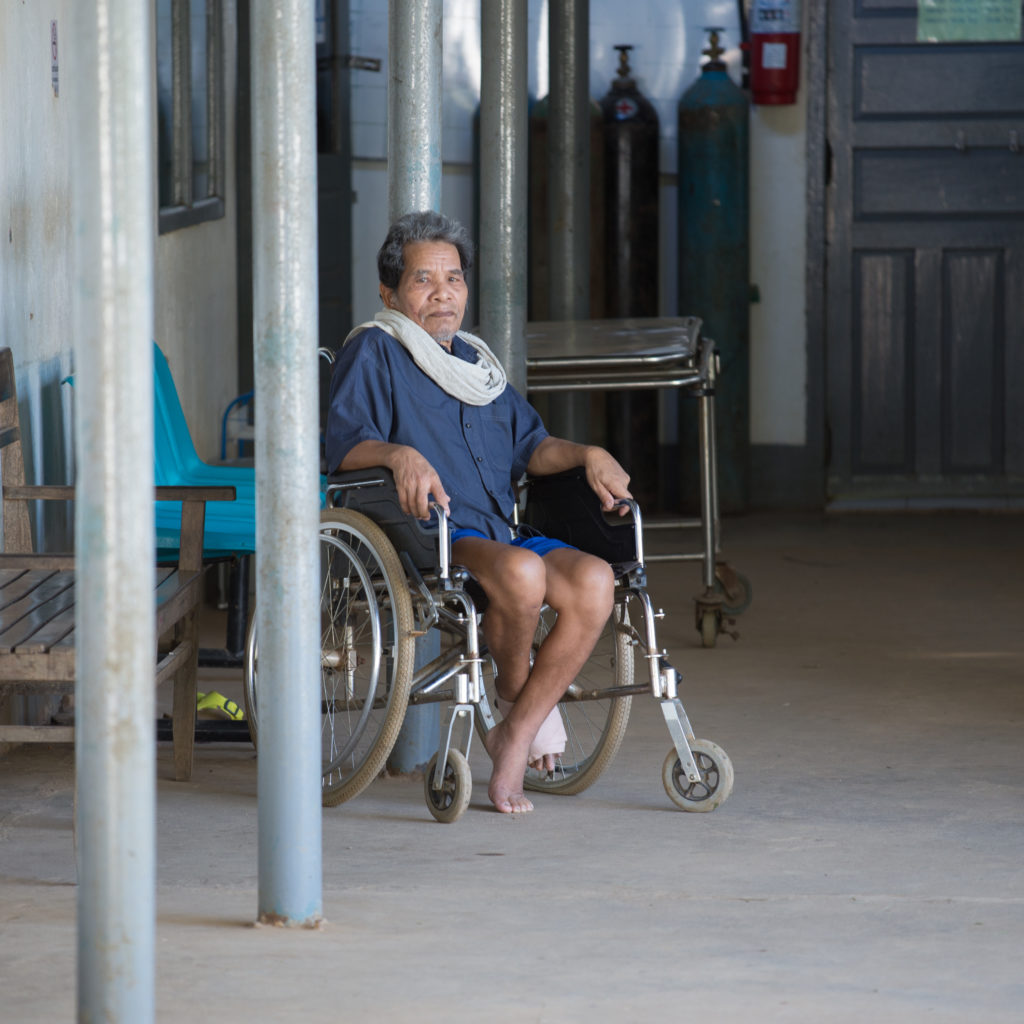
In rural areas, many people with disabilities face harsh realities. Although, in some places and families, people with disability are well integrated, unfortunately it is not always the case and they are the most often excluded from their communities or even subjected to terribly violent practices. Aware of this situation, the Lao government adopted a « disability law » at the end of 2018, but it takes time and resources for change to reach remote areas of the country. Therefore, our organization aims to support government offices and civil society in their local actions towards people with disabilities, according to the CBID approach (Community Based Inclusive Development): identification of individuals, training of communities, prevention, individualized support according to the needs and aspirations of the person.
Story: “No one was paying attention to Meng, then the teachers decided to invest in his education.”
Current Projects
- Handicap and Inclusion, Attapeu